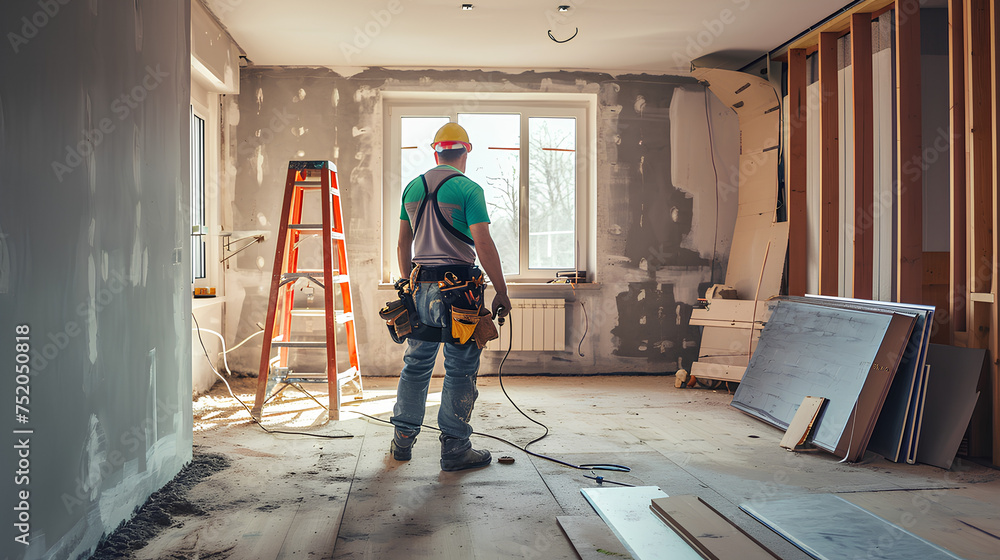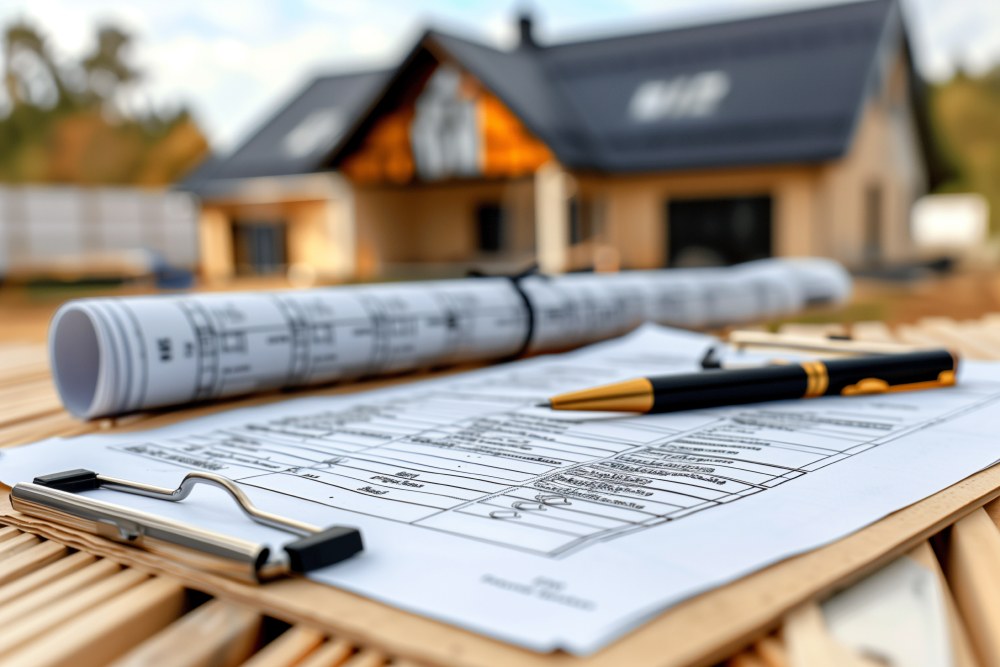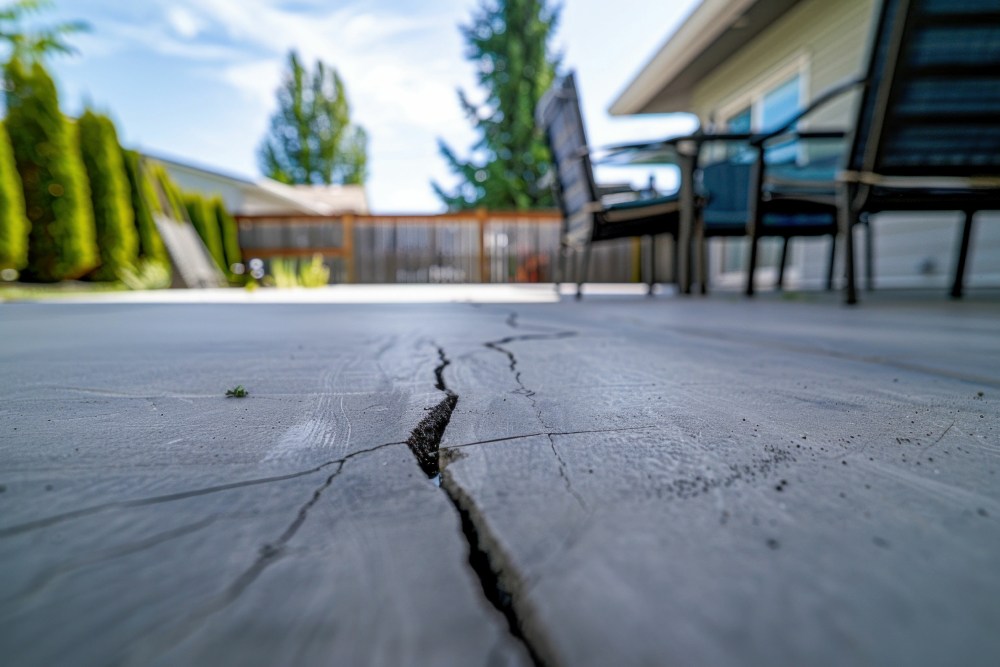1. What Are Consumer Protection Agencies?
Definition and Purpose- Government and Non-Government Organizations: Consumer protection agencies include government bodies and non-governmental organizations that aim to protect consumers from unfair business practices.
- Advocacy and Support: These agencies advocate for consumer rights, provide support and education, and offer resources to help consumers make informed decisions.
- Federal Trade Commission (FTC): The FTC is a federal agency that protects consumers by preventing anticompetitive, deceptive, and unfair business practices.
- Better Business Bureau (BBB): The BBB is a non-profit organization that helps consumers find trustworthy businesses and resolve disputes.
- State and Local Consumer Protection Offices: Many states and local governments have consumer protection offices that address specific regional concerns.
2. Education and Awareness
Consumer Education- Informational Resources: Consumer protection agencies provide informational resources on home improvement topics, including how to hire contractors, understanding contracts, and recognizing scams.
- Workshops and Seminars: Some agencies offer workshops and seminars to educate homeowners about their rights and best practices for home improvement projects.
- Campaigns: Agencies run public awareness campaigns to educate consumers about common home improvement frauds and how to avoid them.
- Online Content: Websites, social media, and newsletters are used to disseminate valuable information and updates on consumer protection issues.
3. Assistance with Contractor Selection
Verified Contractor Listings- Accreditation: Agencies like the BBB provide accreditation to contractors who meet certain standards of trustworthiness and quality.
- Reviews and Ratings: Consumers can access reviews and ratings of contractors, helping them make informed choices based on the experiences of others.
- Hiring Guidelines: Agencies offer guidelines and checklists to help consumers vet contractors, verify licenses, and check references.
- Red Flags: Information on red flags to watch for when hiring contractors, such as demands for large upfront payments or lack of proper documentation.
Join HICP Homeowner’s Alliance
Connect with experts, get special discounts and enjoy member benefits
4. Mediation and Dispute Resolution
Mediation Services- Neutral Mediators: Many consumer protection agencies offer mediation services to help resolve disputes between homeowners and contractors without going to court.
- Voluntary Process: Mediation is a voluntary process where a neutral third party helps both sides reach a mutually acceptable agreement.
- Binding Arbitration: Some agencies provide arbitration services, where an arbitrator hears both sides and makes a binding decision to resolve the dispute.
- Fair Resolution: Arbitration can be a faster and less expensive alternative to litigation.
5. Investigation and Enforcement
Investigating Complaints- Complaint Handling: Agencies investigate complaints from consumers about unfair practices, fraud, and other issues related to home improvement projects.
- Evidence Collection: Investigations may involve collecting evidence, interviewing witnesses, and reviewing contracts and other documents.
- Legal Action: Consumer protection agencies have the authority to take legal action against contractors who violate consumer protection laws, including filing lawsuits and seeking penalties.
- Cease and Desist Orders: Agencies can issue cease and desist orders to stop contractors from engaging in unlawful practices.
6. Financial Protection
Recovery Funds- State Recovery Funds: Some states have recovery funds or guarantee funds that compensate consumers who suffer financial losses due to contractor fraud or bankruptcy.
- Eligibility: Homeowners may be eligible for compensation if they meet certain criteria and can prove financial loss due to a contractor’s misconduct.
- Understanding Coverage: Agencies provide guidance on understanding and obtaining the necessary insurance coverage, such as contractor liability insurance and worker’s compensation insurance.
- Claims Assistance: Assistance with filing insurance claims related to home improvement projects.
7. Advocacy and Policy Development
Advocating for Stronger Laws- Legislative Advocacy: Consumer protection agencies advocate for stronger consumer protection laws and regulations at the state and federal levels.
- Policy Recommendations: Providing policymakers with recommendations to improve consumer protections in the home improvement industry.
- Promoting Awareness: Promoting awareness of consumer rights and working to ensure those rights are protected through legislative and regulatory measures.
- Reporting Issues: Reporting emerging issues and trends in home improvement fraud to authorities and the public.
8. Resources for Vulnerable Populations
Targeted Support- Elderly and Low-Income Homeowners: Providing targeted support and resources for elderly and low-income homeowners who may be more vulnerable to fraud and exploitation.
- Language Assistance: Offering resources and assistance in multiple languages to support non-English speaking homeowners.
- Accessible Information: Ensuring that information and resources are accessible to all consumers, including those with disabilities.
- Community Outreach: Conducting community outreach programs to educate and support vulnerable populations.
Conclusion
Consumer protection agencies play a crucial role in safeguarding homeowners during home improvement projects. They provide education and awareness, assist with contractor selection, offer mediation and dispute resolution, conduct investigations and enforcement actions, provide financial protection, advocate for stronger laws, and support vulnerable populations. By leveraging the resources and support offered by these agencies, homeowners can navigate their home improvement projects with greater confidence and security. Always consult with consumer protection agencies for guidance and assistance to ensure your rights are protected and your home improvement project is successful.




















